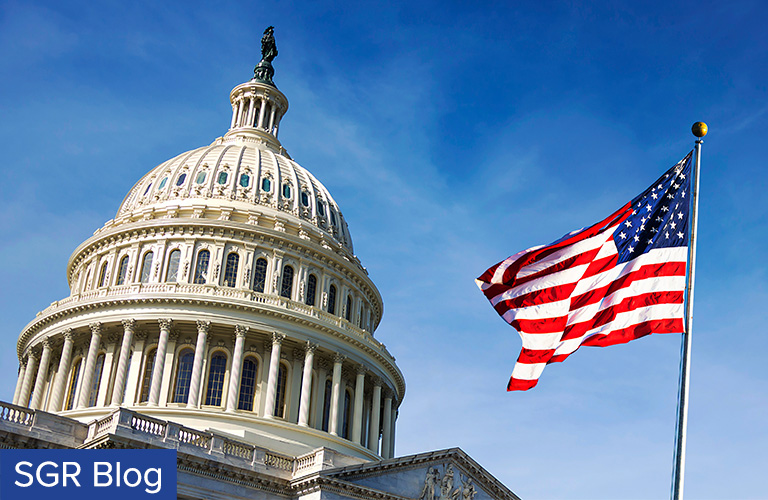
At the end of February 2020, Georgia Governor Brian Kemp issued an executive order establishing a Coronavirus Task Force, comprised of subject-matter experts from the private and public sectors, to assess Georgia’s procedures for preventing, identifying, and addressing cases of the coronavirus (COVID-19). A few days later, in early March 2020, Governor Kemp confirmed that there were two confirmed cases of COVID-19 in Fulton County, Georgia. These cases involve two individuals who reside in the same household, one of which recently returned from Italy. In a press conference held on March 9, 2020, Governor Kemp stated there were six confirmed… Read more










